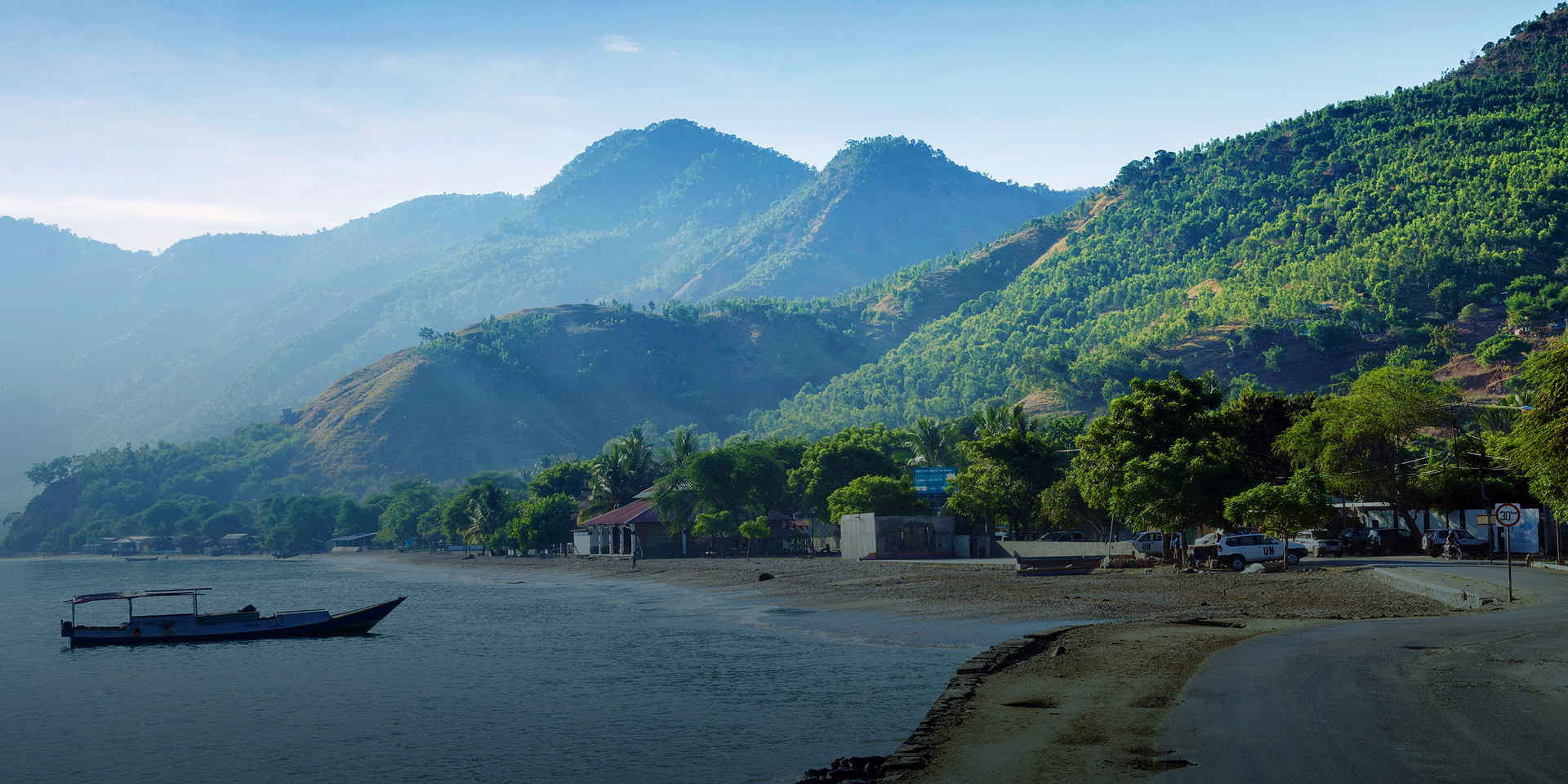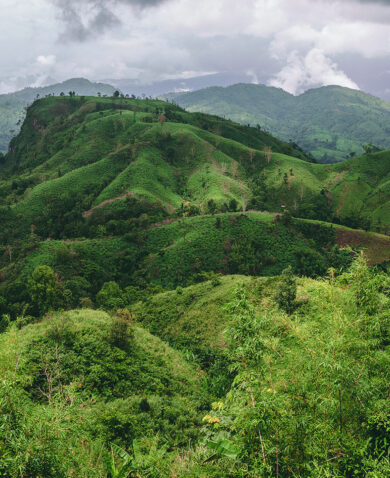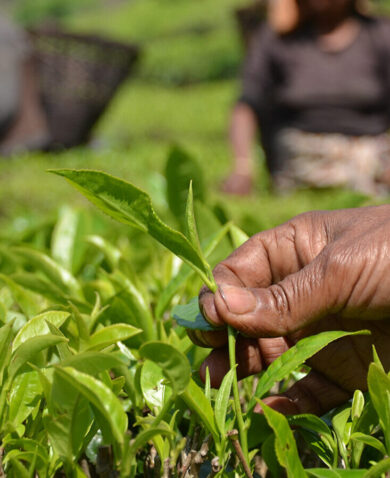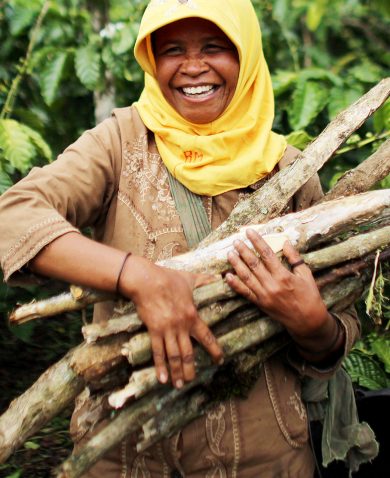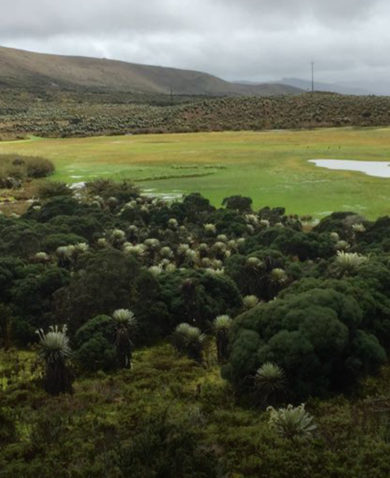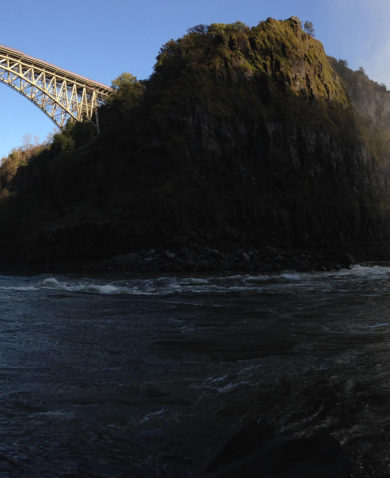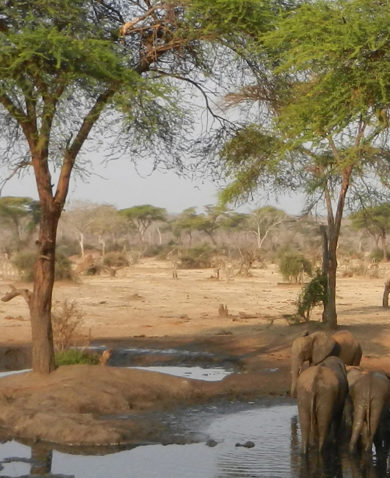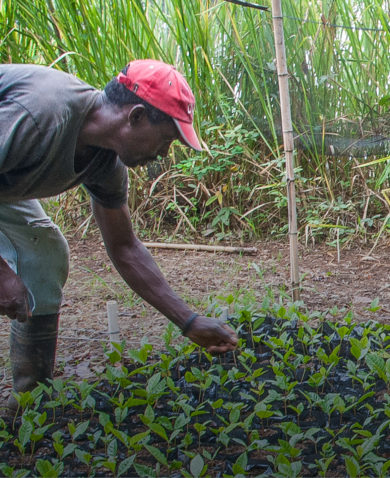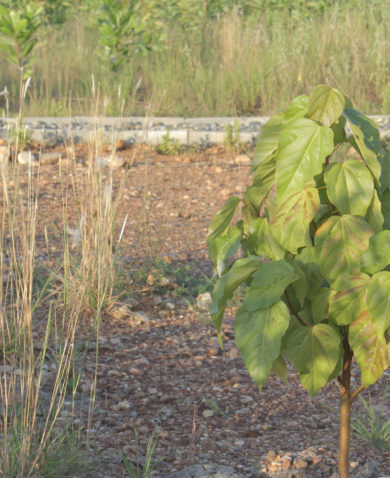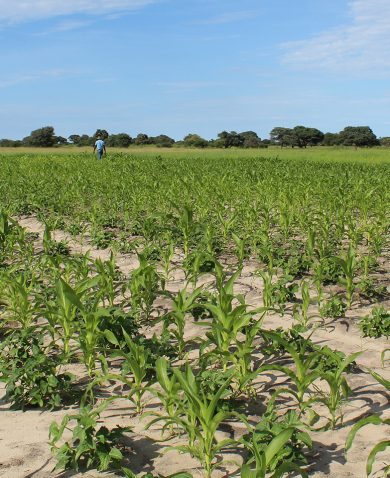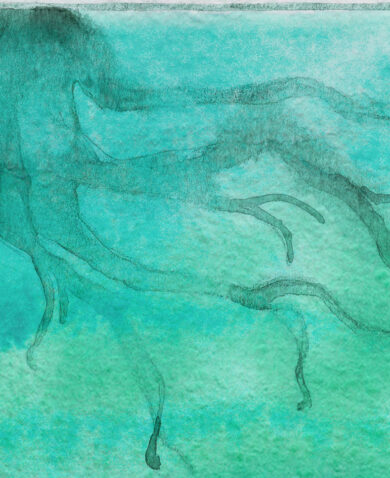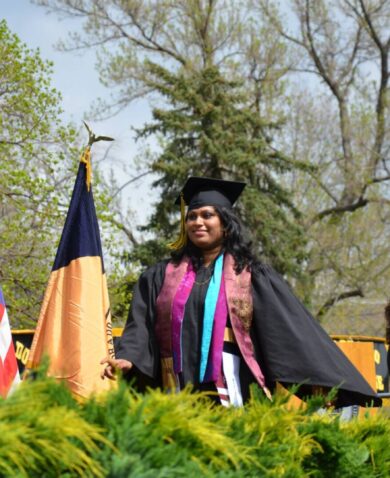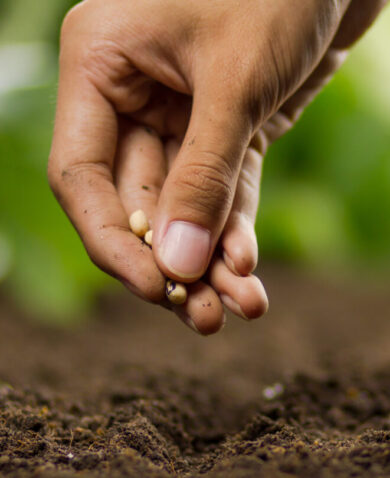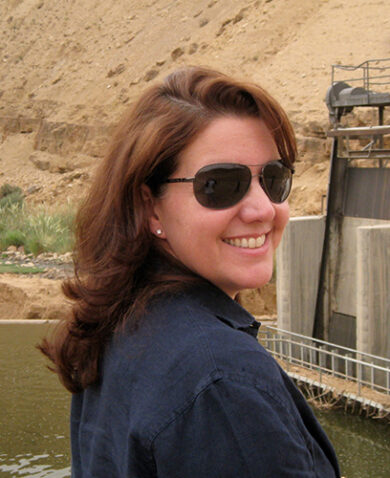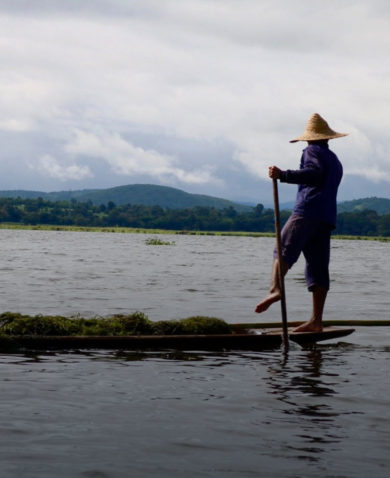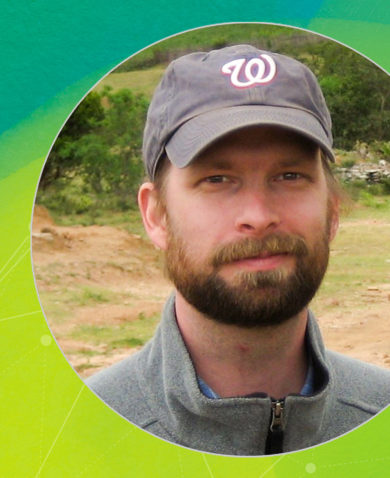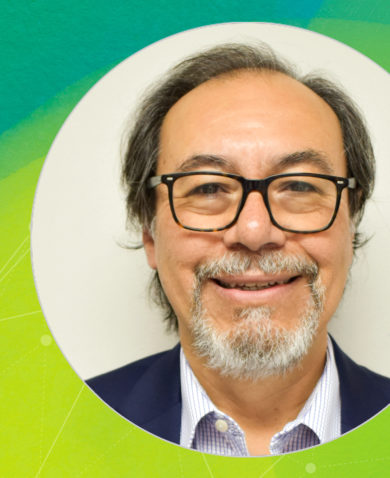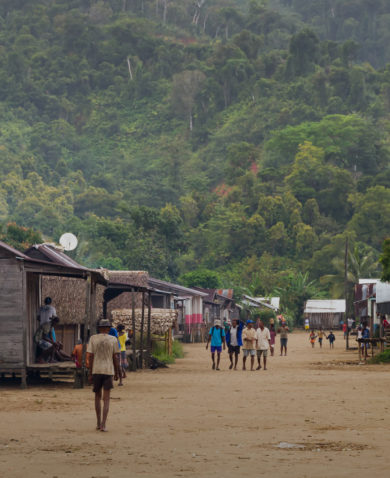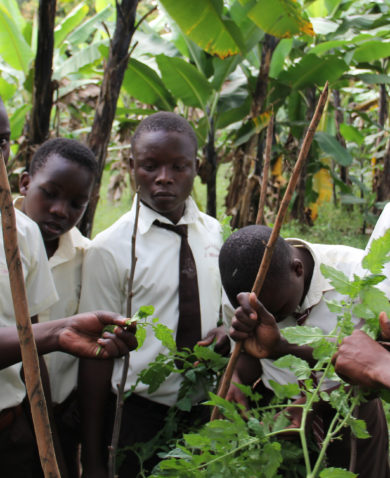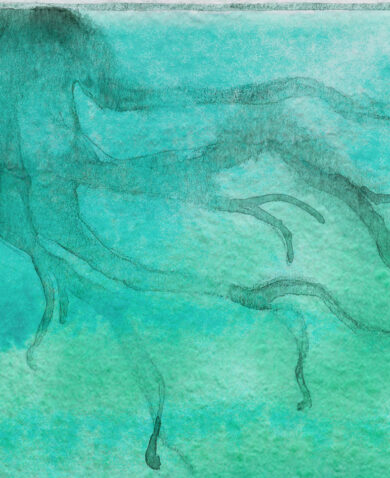USAID’s Tourism for All Project (“USAID nia Projetu Turizmu Ba Ema Hotu”)
In March 2017, Timor-Leste enacted its national tourism policy, which calls for sustainable environmental development while increasing tourist visits and improving local and national economic opportunities. Through USAID’s Tourism for All Project (“USAID nia Projetu Turizmu Ba Ema Hotu”), Timor-Leste realized its goal of becoming a tourist destination that brings 200,000 foreign tourists annually by 2030. Doing so requires an inclusive and sustainable approach that preserves the country’s unique environmental and cultural heritage. Working in partnership with the Ministry of Tourism, the activity emphasized public and private cooperation and worked to improve the tourism workforce, which the government estimates is now only about 4,300 people. As investment in eco-tourism and community-based tourism grows, Timor-Leste will emerge as a tourist destination for those seeking adventure, culture, and natural beauty.

